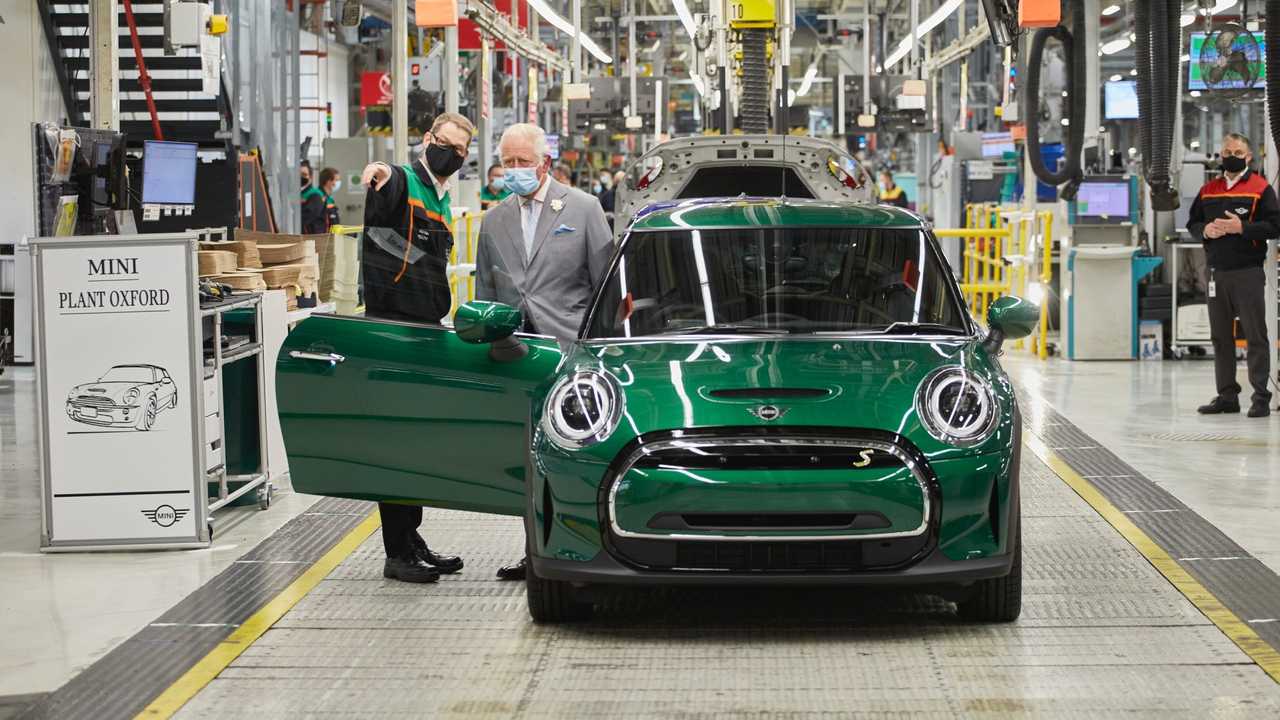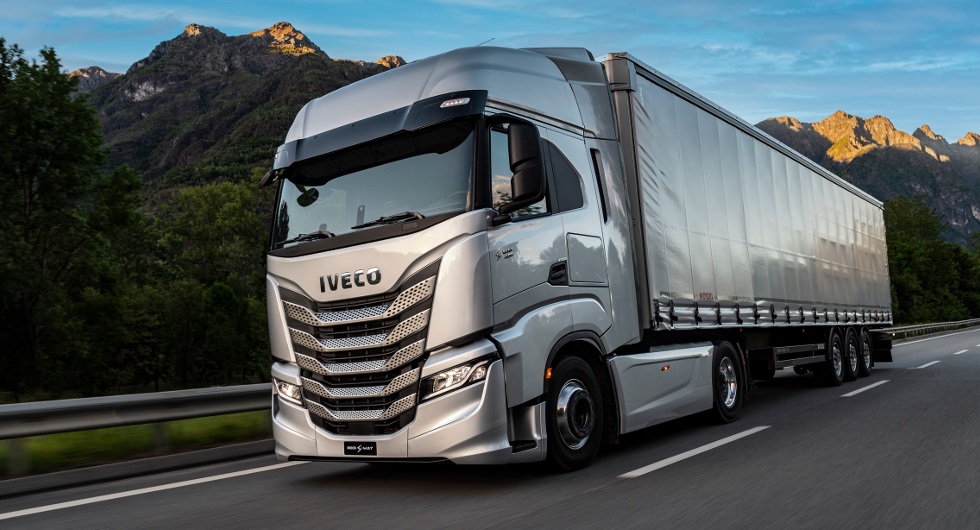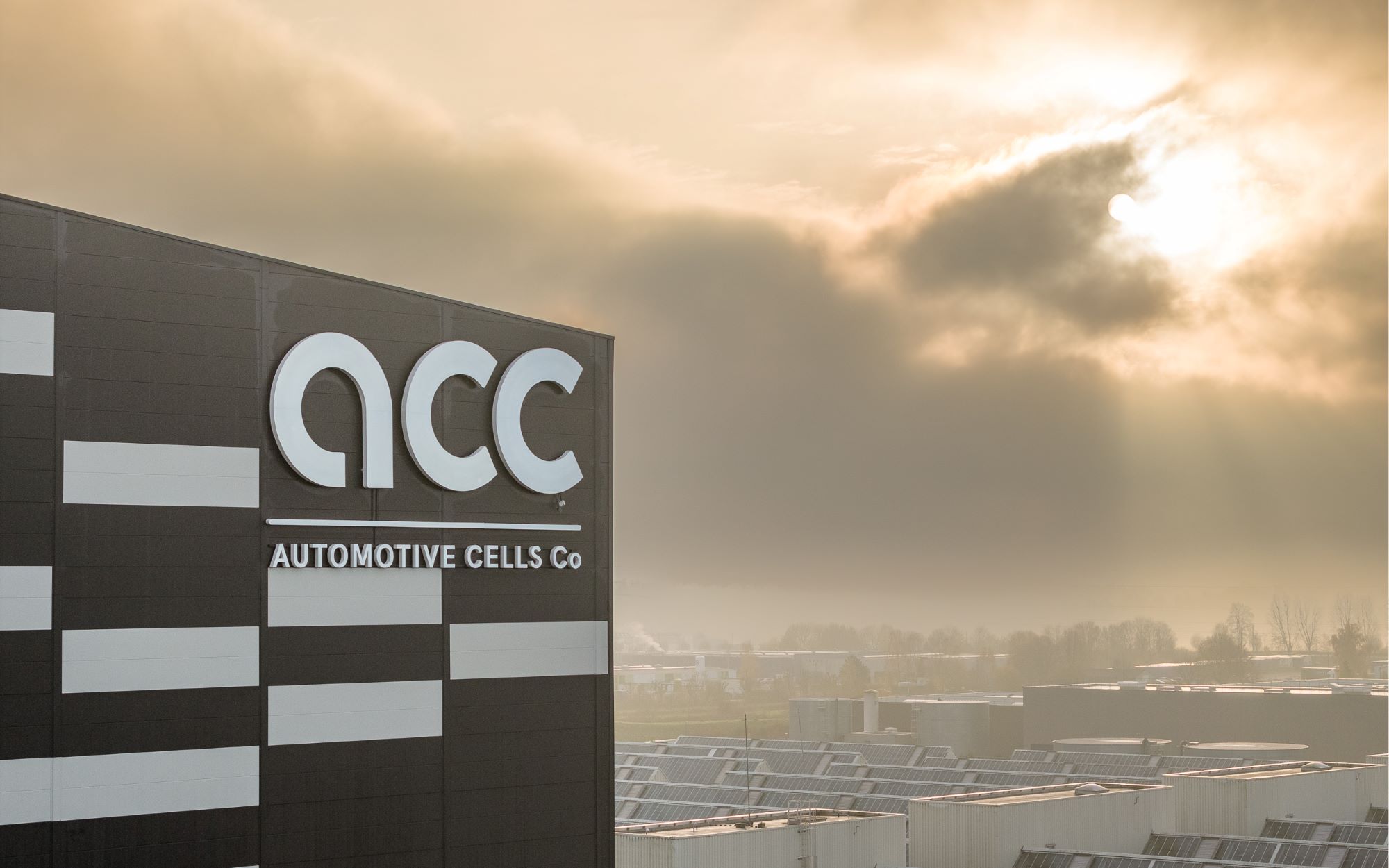The UK government has unveiled a comprehensive £4.5 billion investment program aimed at bolstering key manufacturing industries, allocating substantial funds over a five-year period starting from 2025. The initiative is tailored to support the transition to zero-emission vehicles, with a significant portion, £2 billion, earmarked for the automotive sector. Additional allocations include £975 million for aerospace and £960 million for clean energy technologies, highlighting a commitment to advance the country’s carbon-free energy supply.
Aligned with investment programs in the US and EU, the UK seeks to position itself advantageously in the evolving landscape of sustainable technologies. Leveraging its “world-leading track record on decarbonization” and robust capabilities for technology deployment, the government aims to capitalize on growth opportunities arising from the shift towards a carbon-neutral energy future. The UK has been at the forefront of emission reduction efforts, outpacing other G7 countries since 1990, and is poised to meet climate targets while ensuring energy security.
Complementing the funding, the government has introduced several measures, including the “Made Smarter Adoption” program, designed to assist small and medium-sized manufacturing companies in adopting advanced digital technologies during the transition. Additionally, a hydrogen industry taskforce has been initiated to collaborate with the Hydrogen Innovation Initiative and Innovate UK, maximizing investment prospects for the UK’s manufacturing of hydrogen propulsion systems.
Industry standards play a crucial role in the UK’s strategy, aiming to foster innovation and growth in manufacturing. The government is actively engaging in setting standards, with a focus on emerging practices such as the utilization of “digital twins” in various industries, including batteries and automotive manufacturing. Digital twins enable companies to create precise digital replicas of their entire production processes, promoting efficiency and innovation.
Business and Trade Secretary Kemi Badenoch emphasized the UK’s global standing in advanced manufacturing, citing achievements such as the £4 billion gigafactory and the £600 million investment in the production of the next generation of electric Minis. The package, according to Badenoch, builds on these successes, ensuring government support in job creation, economic growth, and securing the future of British manufacturing.
Energy Security and Net Zero Secretary Claire Coutinho underscored the potential of the investment, stating, “While we’ve already attracted £200 billion in low carbon investment since 2010, with another £100 billion expected by 2030, this will unlock even more.” The comprehensive funding and initiatives reflect the UK’s commitment to fostering innovation, sustainability, and economic resilience in the manufacturing sector.







